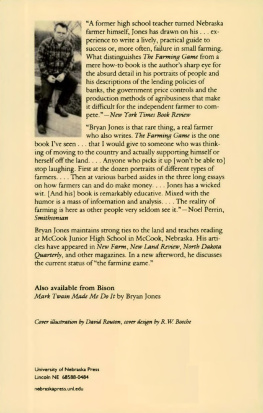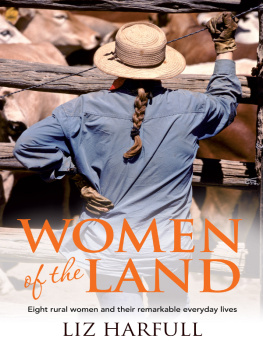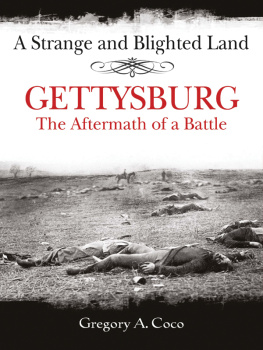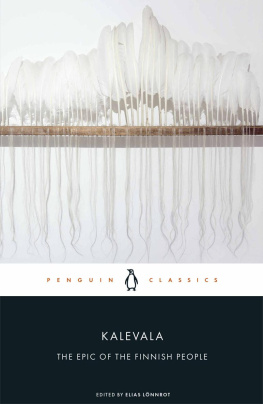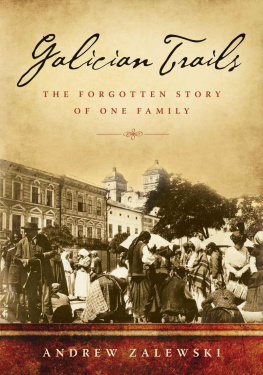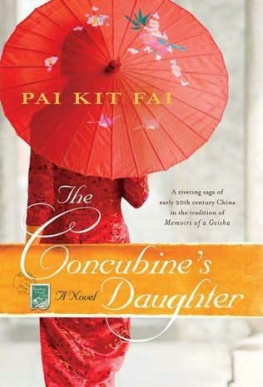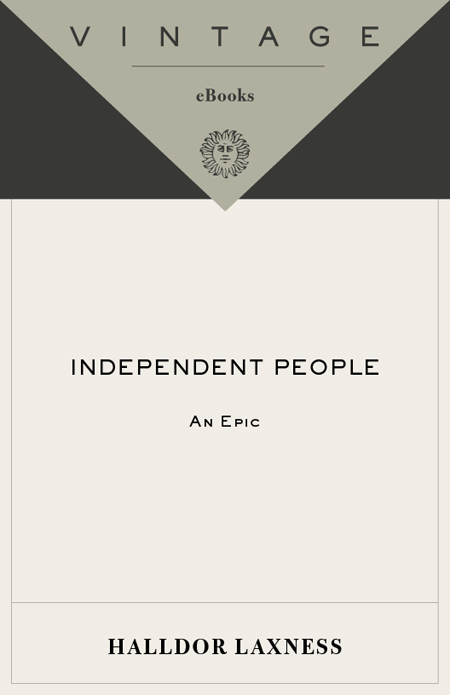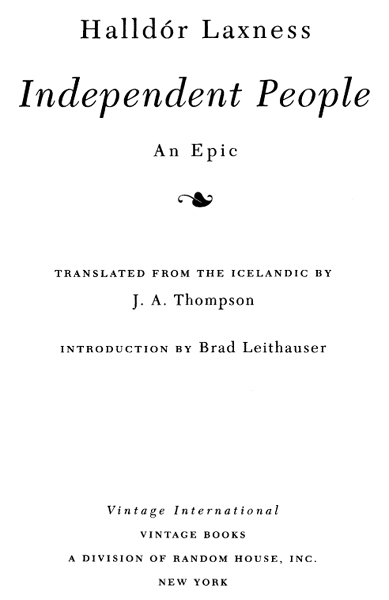INTRODUCTION

There are good books and there are great books and there may be a book that is something still more: it is the book of your life. If youre quite lucky, you may chance upon a novel which inspires so close a kinship that questions of evaluation (Is this book better than merely good? Is it some sort of classic?) become a niggling irrelevance. Luck has everything to do with it. Anyone who cares seriously about fiction eventually will get around to The Brothers Karamazov or Madame Bovary or Don Quixote, and if youre somebody whose closest literary attachment is to a book of this staple sort, you will not be graced by the particular haunted feeling of good fortune I'm talking about; you will have, instead, the assurance of knowing that your keenest literary pleasures were preordained. One looks differently on the book of genius that, even in a long bookworms life, one might never have stumbled upon.
The feeling I'm describing may account for Henry Millers declaring that Knut Hamsuns Mysteries is closer to me than any other book I have read. Or John Fowless reverence toward Alain Fourniers he Grand Meaulnes: I am, in short, a besotted fan, and still feel closer to Fournier than to any other novelist, living or dead. Or Randall Jarrells obsession with Christina Steads The Man Who Loved Children. Or what Rilke felt about Jacobsen, particularly his Niels Lyhne (Of all my books, I find only a few indispensable the Bible, and the books of the great Danish author Jens Peter Jacobsen.)
No doubt Miller and Fowles and Jarrell and Rilke recognized that greater novels were to be found than the objects of their devotion. But what does greatness signify once you have met the book that was made for you? For what we are talking about is a sort of imperishable romance, in which the flaws of a book are as endearingas treasurableas the flaws in the face of ones sole beloved. This is the real thing: a head-over-heels incredulity that there exists in the universe so perfect an imperfection.
And the book of my own life? Halldr Laxnesss Independent People. I remember vividly my initial encounter with it. I finished its last chapters one late afternoon in Rome, seated in an all-but-deserted caf. Outside, a storm had abruptly blown in and a chill autumn rain was lashing the streets, and I read as though furtively, hunched over the pages. I did this for two reasons. The light had turned dim. And I didnt want anyone to notice I was steadily weeping.
It always strikes me as a bitter irony that, in urging the book on someone, I often must first identify its Nobel Prize-winning author. But the fact is that Laxness won the Nobel many years ago, in 1955, and that he represents the smallest country ever to produce a Laureate: Iceland, with its population of roughly a quarter of a million. Until this edition, the book had long been out of print in English.
I might never have read Independent People had I not, in the summer of 1984, spent two weeks hiking in Iceland. However obscure a figure Laxness may be to Americans, in his native land he is a colossus without peer or parallel, and anyone drawn to Iceland will get around to him before long. The Icelandic literary tradition is of course illustrious, but nearly all the medieval sagas and poems that are its capital glory remain anonymous. Before Laxness emerged, prodigiously and prolifically (his career began in 1920, when he published his first novel, Child of Nature, at the age of seventeen), Iceland had never produced a modern writer of anything like international reputation. He has been translated into more than thirty languages.
Like One Hundred Years of Solitude, with which it shares family resemblances, Independent People in its opening pages evokes the dawn of time. Garca Mrquezs novel commences on a blue morning when the boulders in a streambed look like dinosaur eggs. Independent Peoples first chapter summons up the days when the world was first settled, in 874 A.D. for that is the year when the Norsemen arrived in Iceland, and one of the books wry conceits is that no other world but Iceland exists. The tale takes place among farmers habitually so impoverished that they died without ever having transacted a business deal involving more than a few dollars at a time. These are men who might venture outside their valleys once or twice a year, hiking to a little fishing village to purchase a few provisions; for them, even Reykjavik is a misty dream.
The book is set in the early decades of the twentieth century but the dates of individual events are hazy. Independent People is a pointedly timeless tale. It reminds us that life on an Icelandic croft had scarcely altered over a millennium; the seasons shifted, but the overall pattern of want and hardship and stoicism endured. Midway through the novel, however, off at an unimaginable distance, something called the Great War erupts. Normally, there would be nothing noteworthy in this (on the Continent, people were forever hacking one another to pieces like suet in a trough), but this time the conflict lifts to unprecedented heights the prices for Icelandic mutton and wool. Even the poorest of farmers begin dreaming of an emancipation from their tight, tethered poverty.


